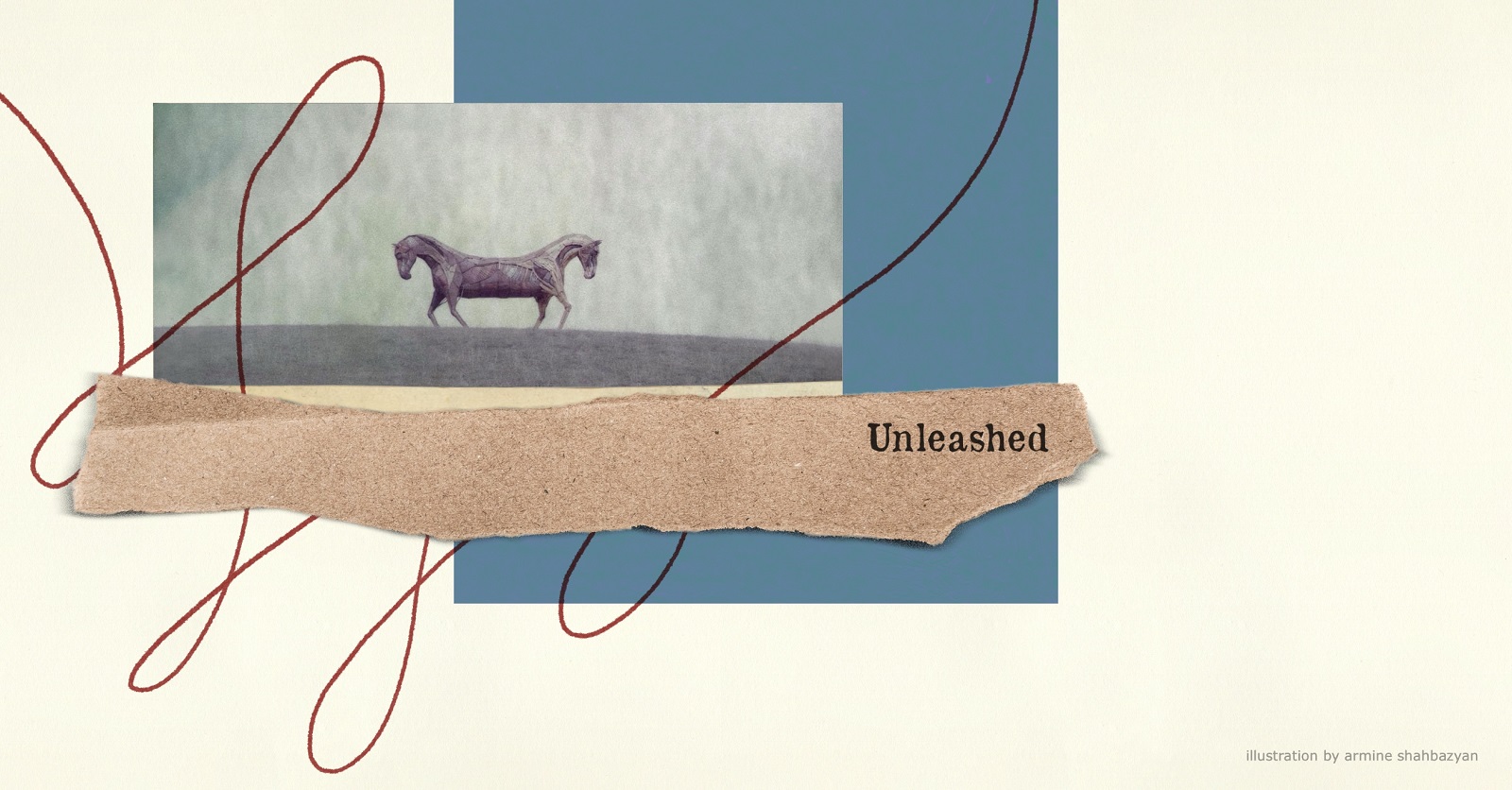

I can’t pinpoint exactly when the phrase “Never Forget” became a part of my vocabulary; I only know that it surfaced early in my life, and was repeated often, especially every April of every year. Any genocide survivor or their descendants are likely familiar with this call to remember major tragedies. It has been used to commemorate events like the September 11 attacks in the United States, the Holocaust during World War II, and the Armenian Genocide in the early 20th century. In 1962, Mao Tse Tung introduced the slogan “Never Forget the Class Struggle” that echoed throughout the Chinese Cultural Revolution.
Similarly, the Rwandan Genocide has been commemorated for the last three decades with the saying “Kwibuka,” which means “we remember.” Each year, Rwanda observes Kwibuka with various events and ceremonies starting on April 7, the date the genocide began, and lasting for 100 days—the length of the genocide itself. Likewise, the phrase “Lest We Forget” is used within Commonwealth nations such as the United Kingdom, Canada, Australia and New Zealand during remembrance services for military veterans and those who died in wars to honor their sacrifices.
Often paired with “Never Again,” “Never Forget” calls for awareness and vigilance to prevent the recurrence of historical atrocities. But does “Never Forget” mean “Remember All the Time”? I used to think it did. Growing up as a descendant of Armenian Genocide survivors, I was steeped in stories of loss and survival that shaped my identity and colored my view of the world. These narratives, passed down through generations, served not only as lessons but also as a form of emotional inheritance. And while they instilled in me a profound sense of duty to honor my ancestors who suffered and perished, they also carried a weight that overshadowed the present and clouded the future.
Living with the mantra “Never Forget” ingrained an intensity in my reactions to personal wrongs that often led me down a path of prolonged anger and resentment. The most poignant example occurred with my first (now ex-)husband. When I learned that he had betrayed me deeply and unapologetically, I made the gut-wrenching decision to leave him. Yet, even after our divorce, the anger I harbored against him was immense and unyielding for years. I found myself clinging to this rage as if by holding on to it, I was somehow holding him accountable.
This need for retribution mirrored the deep-seated desire for justice that I had absorbed from the stories of my ancestors. Just as Armenians have vowed to remember the injustices of the past, I too vowed that my anger would span generations, fantasizing that even my grandchildren would one day confront his. I remained trapped in this state of mind far longer than was healthy or necessary to grieve the end of our relationship, under the misguided belief that I was punishing him by keeping the memory of his betrayal alive. In truth, he had moved on, while I was the one ensnared by my own grudges, unable to see that in my perpetual attempt to prevent him from “getting away with it,” I was the one who was suffering the most.
Don’t get me wrong: I’m not equating the upheaval of a divorce to the horrors of a mass atrocity. However, to the extent that both scenarios may involve trauma, the way we handle traumatic experiences can profoundly shape the course of our lives. Commemorating major tragedies is of course essential for numerous reasons. Such acts of remembrance honor the victims and educate future generations, instilling a collective responsibility to prevent similar atrocities. They provide a space for communal healing, allowing people to process grief and begin rebuilding. Yet, as vital as these commemorations are, it is important to confine them to specific, occasional events. This prevents the past from overwhelming our daily lives and allows us to devote energy towards more constructive endeavors, helping us move onwards and upwards.
The field of memory studies can help us navigate this complex landscape, showing how societies can remember traumatic events constructively. By understanding the dynamics of memory—how it is formed, maintained, and impacts our identities and social structures—we can use our historical knowledge to encourage progress. This awareness heals on a personal level, while at the same time ensuring that societies can move forward without losing sight of their past, thus maintaining a balance between remembering and letting go for a healthier future.
The time it takes to overcome heartbreak, loss, or abuse will vary greatly depending on any given situation. But only by unleashing ourselves from staying loyal to our suffering do we allow ourselves to experience genuine joy once again. We have to stop carrying old feelings into new experiences. We must remember the past, but not at the cost of neglecting our future. Søren Kierkegaard wisely noted, “Life can only be understood backwards, but it must be lived forwards.” By consciously choosing to live forward, we honor our past not by dwelling in it, but by building a future that respects our lessons and celebrates our resilience.
See all [Unleashed] articles here
Listen to Sheila’s personal reading of “Remember the Future”.

Sheila Paylan is an international human rights lawyer and former legal advisor to the United Nations. Now based in Yerevan, she regularly consults for a variety of international organizations, NGOs, think tanks, and governments.

